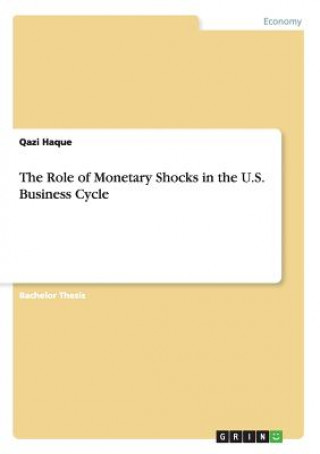
Kód: 09225847
Role of Monetary Shocks in the U.S. Business Cycle
Autor Qazi Haque
Bachelor Thesis from the year 2013 in the subject Economics - Finance, grade: First Class Honours, The University of Adelaide, language: English, abstract: The purpose of this study is to illustrate how the basic Real Business Cyc ... celý popis
- Jazyk:
 Angličtina
Angličtina - Vazba: Brožovaná
- Počet stran: 86
Nakladatelství: Grin Publishing, 2015
- Více informací o knize

Mohlo by se vám také líbit
-

God's Divine Instructions Concerning Prayer
582 Kč -

Wrong Hands
1002 Kč -

Internet Addiction in Psychotherapy
1681 Kč -

Lymphocyte Activation and Differentiation
9868 Kč -

Construction of the Self
1384 Kč -

Poppy's Best Paper
463 Kč
Darujte tuto knihu ještě dnes
- Objednejte knihu a zvolte Zaslat jako dárek.
- Obratem obdržíte darovací poukaz na knihu, který můžete ihned předat obdarovanému.
- Knihu zašleme na adresu obdarovaného, o nic se nestaráte.
Více informací o knize Role of Monetary Shocks in the U.S. Business Cycle
Nákupem získáte 166 bodů
 Anotace knihy
Anotace knihy
Bachelor Thesis from the year 2013 in the subject Economics - Finance, grade: First Class Honours, The University of Adelaide, language: English, abstract: The purpose of this study is to illustrate how the basic Real Business Cycle (RBC) model can be modified to incorporate money in an attempt to construct monetary business cycle models of the U.S. economy. This is done for one case where money enters the model as direct lump-sum transfers to households and for the other case where money injections enter the economy through the financial system. Interestingly, the two channels generate very different responses to a money growth shock. In the first case, a positive money growth shock increases nominal interest rates and depresses economic activity, which is called the anticipated inflation effect. However, the popular consensus among economists is that nominal interest rates fall after a positive monetary shock. This motivates the construction of our second model where it is conjectured that the banking sector plays an important role in the monetary transmission mechanism and money is injected into the model through financial intermediaries. It is observed in this model that a positive monetary shock reduces interest rates and stimulates economic activity, which is called the liquidity effect. Furthermore, the statistics generated by the models show that monetary shocks have no effect on real variables when money enters as direct lump-sum transfers to households. On the contrary, such shocks have significant real impact when money enters through the financial system. Taken together, this implies that how money enters into the model significantly matters for the impact of monetary shocks and such shocks entering through financial intermediaries may be important in determining the cyclical fluctuations of the U.S. economy.
 Parametry knihy
Parametry knihy
Zařazení knihy Knihy v angličtině Economics, finance, business & management Economics
1661 Kč
- Plný název: Role of Monetary Shocks in the U.S. Business Cycle
- Autor: Qazi Haque
- Jazyk:
 Angličtina
Angličtina - Vazba: Brožovaná
- Počet stran: 86
- EAN: 9783656909811
- ISBN: 3656909814
- ID: 09225847
- Nakladatelství: Grin Publishing
- Hmotnost: 122 g
- Rozměry: 210 × 148 × 5 mm
- Datum vydání: 02. March 2015
Oblíbené z jiného soudku
-
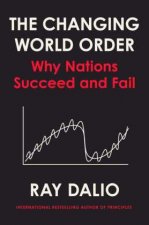
Principles for Dealing with the Changing World Order
575 Kč -

Team Topologies
543 Kč -

Freakonomics
225 Kč -
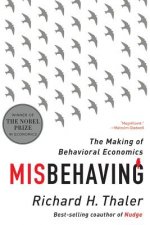
Misbehaving - The Making of Behavioral Economics
298 Kč -

Indispensable Milton Friedman
646 Kč -
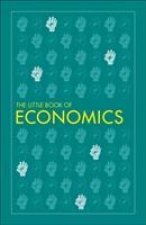
Little Book of Economics
276 Kč -

Why Nations Fail
291 Kč -

Pyramid Principle, The
1163 Kč -
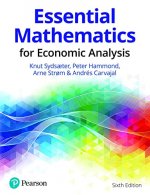
Essential Mathematics for Economic Analysis
1840 Kč -
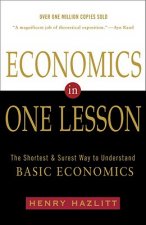
Economics In One Lesson
373 Kč -

Predictably Irrational
410 Kč -
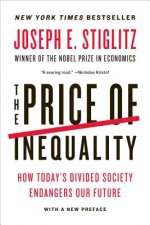
Price of Inequality
298 Kč -

(Mis)Behaviour of Markets
357 Kč -
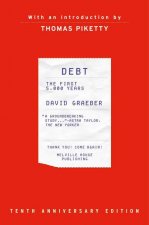
Debt, 10th Anniversary Edition
651 Kč -

A-Level Economics: Year 1 & 2 Complete Revision & Practice (with Online Edition)
700 Kč -

The Invisible Hand
206 Kč -
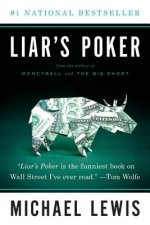
Liar's Poker
304 Kč -
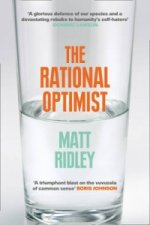
Rational Optimist
291 Kč -

Irrational Exuberance
487 Kč -
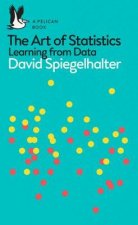
Art of Statistics
323 Kč -

Scrum - A Pocket Guide - 3rd edition
563 Kč -

Hypomanic Edge
505 Kč -
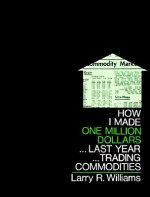
How I Made One Million Dollars Last Year Trading Commodities
1009 Kč -
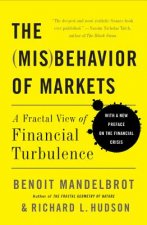
Misbehavior of Markets
584 Kč -
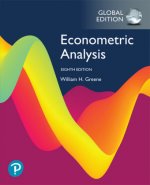
Econometric Analysis, Global Edition
2223 Kč -

Cartoon Introduction to Economics
462 Kč -

Economics: The User's Guide
378 Kč -
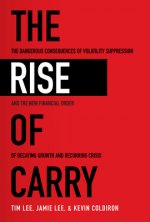
Rise of Carry: The Dangerous Consequences of Volatility Suppression and the New Financial Order of Decaying Growth and Recurring Crisis
644 Kč -

Myth of Capitalism - Monopolies and the Death of Competition
537 Kč -

How Rich Countries Got Rich and Why Poor Countries Stay Poor
410 Kč -
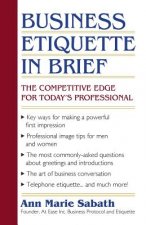
Business Etiquette in Brief
311 Kč -

Intermediate Microeconomics and Its Application
2616 Kč -

Discovery, Capitalism & Distributive Justice
552 Kč -
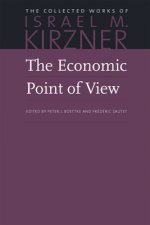
Economic Point of View
667 Kč -
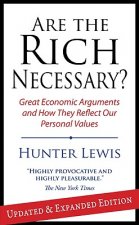
Are the Rich Necessary?
312 Kč -

Driving Digital Transformation
543 Kč -

Start-Up Nation
268 Kč -
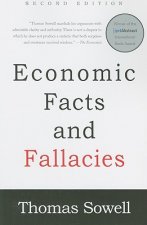
Economic Facts and Fallacies
423 Kč -
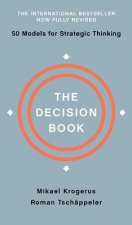
Decision Book
375 Kč -
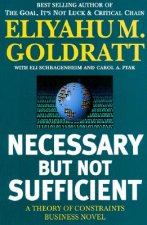
Necessary but Not Sufficient
420 Kč -

Freakonomics
181 Kč -

Economics Book
564 Kč -
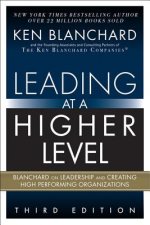
Leading at a Higher Level
799 Kč -

Principles of Economics
392 Kč -
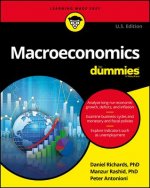
Macroeconomics For Dummies
581 Kč -

45 Second Presentation That Will Change Your Life
243 Kč -
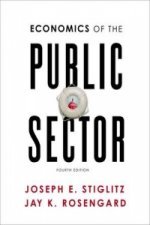
Economics of the Public Sector
2059 Kč -

Factfulness
258 Kč -

Currency Wars
419 Kč
Osobní odběr Praha, Brno a 12903 dalších
Copyright ©2008-24 nejlevnejsi-knihy.cz Všechna práva vyhrazenaSoukromíCookies



 Vrácení do měsíce
Vrácení do měsíce 571 999 099 (8-15.30h)
571 999 099 (8-15.30h)